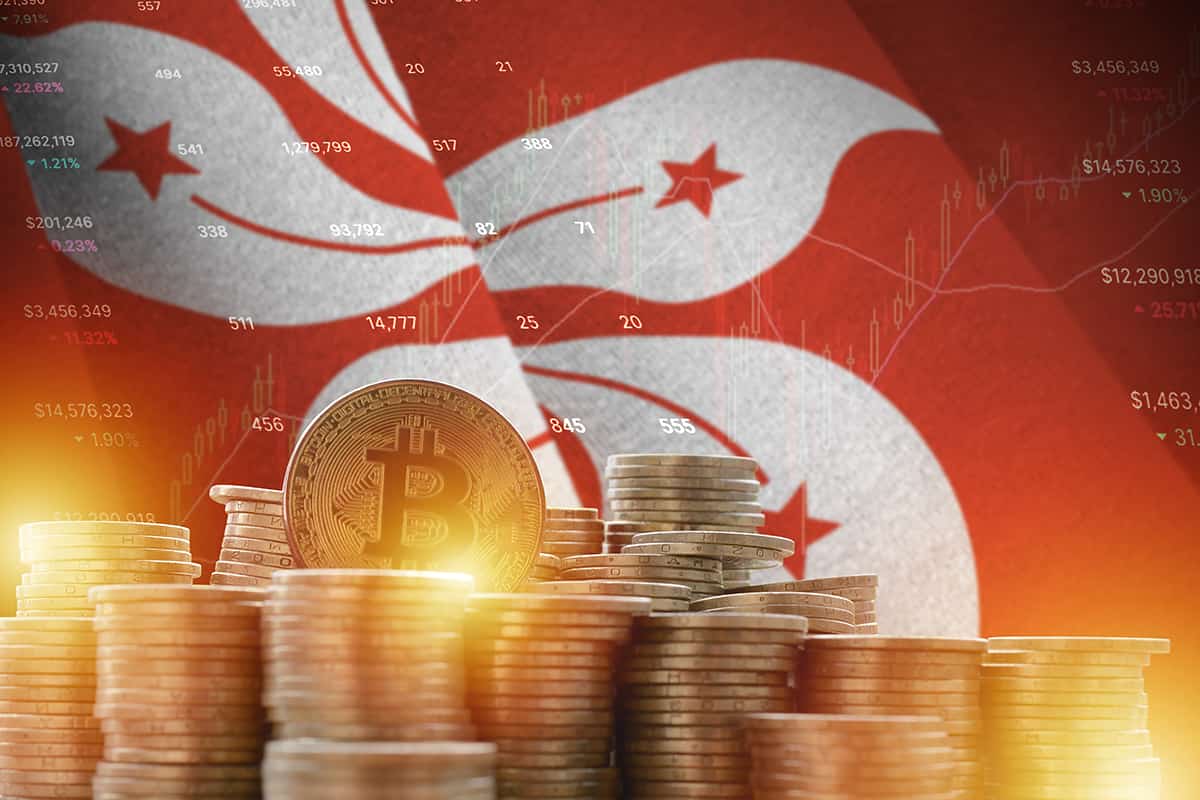The Hong Kong Association of Banks (HKAB) is considering the future of paper checks for payment following a 34% decrease in their use over the past five years. The association was reportedly preparing a road map to transition the city from physical checks amid the rising tide of digital payments. E-payments have gained in popularity locally—as evidenced by the Faster Payment System (FPS) and PayMe, as well as e-wallets like WeChat Pay and Alipay.
Three years of the pandemic almost compelled the territory toward electronic payments, leading to fewer checks written, HKAB Chairwoman Luanne Lim, also HSBC’s CEO in Hong Kong, told the press in the latter half of January.
She said, however, that it had yet to be determined if paper payments would be completely phased out. An HKAB task force exploring how to encourage check users to shift to e-payments will finalize the issue. Concerns linger about the remaining options for check users, Lim said.
Paper check transactions in the territory fell to HK$488.6 billion (approximately $62.5 billion) in December—a 13% year-on-year drop, according to Hong Kong Interbank Clearing data.
Hong Kong Monetary Authority data indicated that in 2015, the cost to process each check locally was about HK$15, costing the banking sector about HK$2 billion a year. The territory’s banking regulator and de facto central bank have since ceased updating the data.
Check usage in the Chinese Special Administrative Region has fallen 34% since August 2018, a month before the introduction of FPS, which enabled free and instant transfers. FPS transactions permit funds transfers between banks through mobile phones and, as of December, stand at HK$430.2 billion—a 39% year-on-year rise. Similarly, FPS transaction volumes have risen 12-fold since its September 2018 launch. Globally, more countries are moving away from paper payments toward digital options. For example, Australia and Singapore have announced a timeline to end paper checks. Yet, a similar 2009 plan was defeated in the UK—which issued the first paper check in 1695—due to public opposition.




